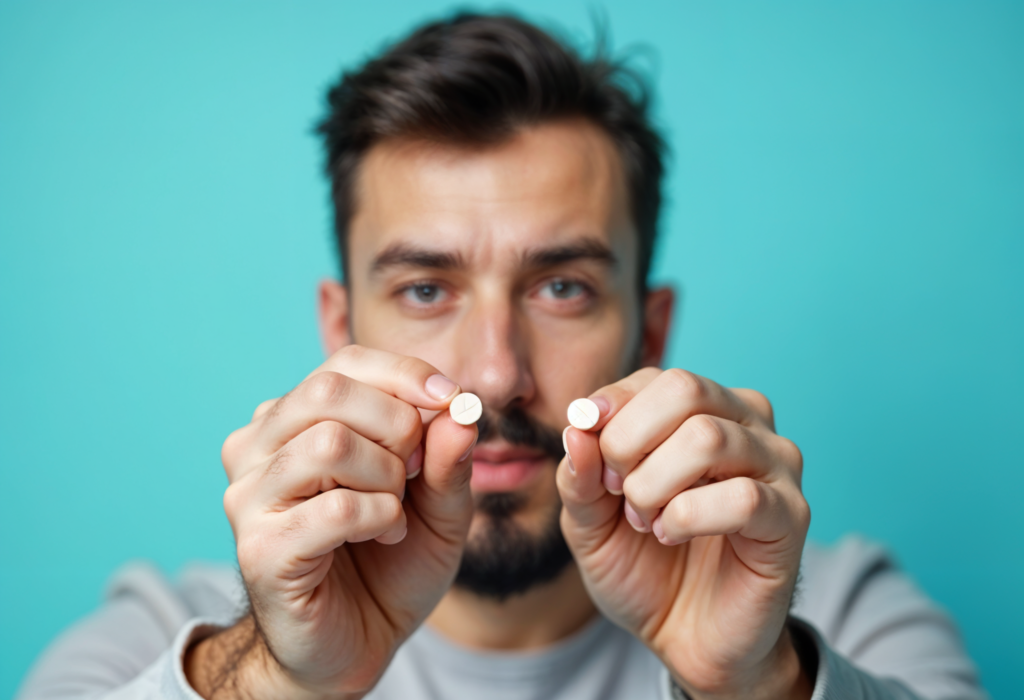How to Manage Menopause Weight Gain: What You Need To Do

Menopause is a natural life transition, but let’s face it—how to manage menopause weight gain is one of the most common (and frustrating) challenges women face during this time. You’re not alone if you’ve noticed the number on the scale creeping up, especially around your stomach, even though your eating habits haven’t changed. The good […]
Is Erectile Dysfunction a Normal Thing While Growing Older?

Is Erectile Dysfunction a Normal Thing While Growing Older? Most, if not all, men suffer from erectile dysfunction (ED) at some point in their lives. The majority cases occur among the aging population. However, age is not the only factor responsible for impotence. Other issues, either psychological, emotional or lifestyle, account for the sickness. […]
Regain Confidence With ED Treatment

Regain Confidence With ED Treatment Paul takes pride in being a married software engineer who manages a work-life balance in Austin, Texas, at the age of 38. He shares an emotional bond and a physical relationship with his wife of twelve years and has two children. But his long-standing ED was a gradual factor in […]
What Is The Best Viagra Option For Men?

What Is The Best Viagra Option For Men? Erectile dysfunction (ED) is a widespread condition in men, and drugs such as Viagra have changed its treatment. When searching for the best option of Viagra, it is crucial to know the variations in available options. All forms of Viagra have sildenafil citrate as the active ingredient, […]
The Age for Male Menopause and Treatment Options

The Age for Male Menopause and Treatment Options It is natural that people age, and in the case of men, this brings with it numerous hormonal changes, such as lowered testosterone levels. Such a condition, or so-called male menopause, can drastically influence the quality of life of a man. But at what age in the […]
Can Brazil Nuts Naturally Boost Testosterone Levels?

Can Brazil Nuts Naturally Boost Testosterone Levels? Testosterone plays a vital role in male health, influencing everything from muscle mass and energy levels to mood and reproductive function. As men age, natural testosterone production declines, leading many to seek solutions such as testosterone therapy online. While medical interventions are an effective way to manage low […]
The Benefits of Testosterone Therapy for Women’s Sexual Health

The Benefits of Testosterone Therapy for Women For Sexual Health Hormonal balance plays a crucial role in overall well-being, affecting everything from energy levels to mood and sexual health. While testosterone is often associated with men, it is also essential for women’s health. Many women experience a decline in testosterone levels due to aging, menopause, […]
Why Consider HCG Testosterone Therapy?

Why Consider HCG Testosterone Therapy? Testosterone is a vital hormone that influences various aspects of male health, from muscle mass and bone density to mood and libido. However, as men age or face specific medical conditions, testosterone levels can decline, leading to fatigue, low sex drive, and reduced physical performance. HCG testosterone therapy has emerged […]
ED and Heart Disease: A Warning Sign

ED and Heart Disease: A Warning Sign Heart disease is a leading cause of death globally and the top cause in the United States, accounting for 1 in 4 deaths. While heart disease is often associated with recognizable symptoms like chest pain or shortness of breath, it’s not commonly known that erectile dysfunction (ED) can […]
Link Between Cholesterol and Erectile Dysfunction

Link Between Cholesterol and Erectile Dysfunction When discussing men’s health, topics like high cholesterol and erectile dysfunction (ED) often arise, yet many fail to see the intimate connection between the two. High cholesterol, a common yet largely silent condition, poses risks beyond cardiovascular health, extending its reach to impair sexual function. Let’s explore how cholesterol […]
